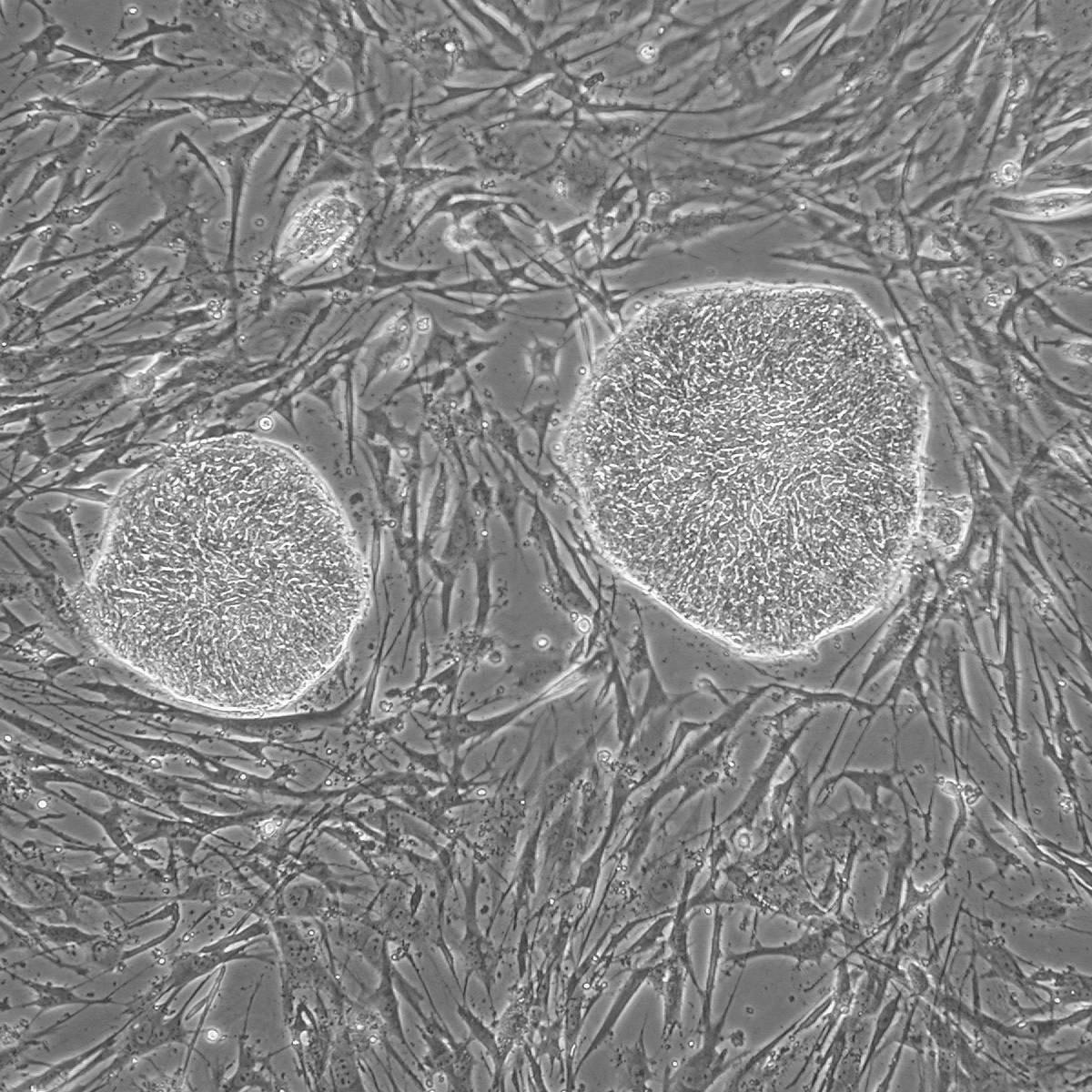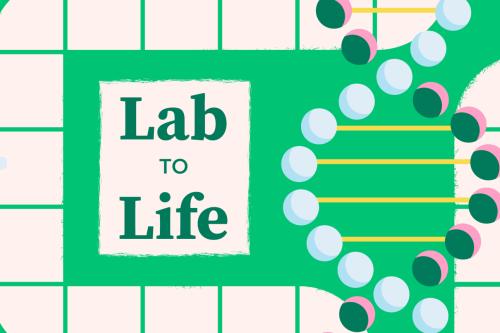
Tracy L. Johnson, Ph.D.
- Professor, Molecular, Cell and Developmental Biology
- Dean, Life Sciences
- Senior Associate Dean, Biosciences, David Geffen School of Medicine at UCLA
- Director, Creating Opportunities Through Mentorship and Partnership Across Stem Cell Science Program (COMPASS)

Tracy L. Johnson, Ph.D., studies the fundamental mechanisms of gene regulation to advance our understanding of cellular function, dysfunction and human health. As director of the UCLA COMPASS program, Johnson helps diverse groups of undergraduate students prepare for careers in regenerative medicine through training, mentorship and hand-on research opportunities.
The UCLA COMPASS program is a training program for undergraduates (both continuing students and transfer students) who have an interest in stem cell biology. It affords students the opportunity to explore a variety of ways in which their research skills can be applied toward improving human health through career paths in stem cell research and the biosciences.
Johnson’s research focuses on understanding basic mechanisms of eukaryotic gene regulation, particularly pre-messenger RNA processing and chromatin modification. Using a combination of approaches, including molecular genetics, biochemistry and bioinformatics, she has made fundamental discoveries that elucidate the mechanism of RNA processing, particularly RNA splicing. This work has yielded important insights into how RNA processing reactions are coordinated in both time and space with transcription and chromatin modification. In addition to characterizing the details of these reactions, she continues to uncover how RNA processing is regulated in response to changes in the cellular environment.
Johnson has deployed yeast as a model system in order to leverage its genetic and biochemical tractability, while applying the novel insights gleaned from yeast to other model systems. In light of the strong conservation of these processes across eukaryotic cells, including human cells, this work has important implications for human health and the creation of new therapeutic interventions.
Johnson is a Howard Hughes Medical Institute Professor.
Research Projects
- Studying how cells synthesize, splice and process RNA Short for RiboNucleic Acid, this molecule carries genetic messages from DNA and is found inside living cells. These messages tell cells to make the proteins that play many critical roles in the body. RNA Short for RiboNucleic Acid, this molecule carries genetic messages from DNA and is found inside living cells. These messages tell cells to make the proteins that play many critical roles in the body. to regulate gene expression
- Uncovering how RNA splicing A process by which a newly-made precursor messenger RNA (pre-mRNA) transcript is transformed into a mature messenger RNA (mRNA). By removing all the introns (non-coding regions of RNA) and splicing back together exons (coding regions), this process ensures that the final mRNA molecule can be used by the cellular machinery to translate the DNA code into protein. RNA splicing A process by which a newly-made precursor messenger RNA (pre-mRNA) transcript is transformed into a mature messenger RNA (mRNA). By removing all the introns (non-coding regions of RNA) and splicing back together exons (coding regions), this process ensures that the final mRNA molecule can be used by the cellular machinery to translate the DNA code into protein. factors affect changes in the structure of DNA Short for deoxyribonucleic acid, DNA is a double-stranded molecule that serves as the genetic blueprint for living organisms. Composed of four chemical bases, DNA encodes the instructions necessary for protein synthesis and governs the development, function, and inheritance of traits in an organism. DNA Short for deoxyribonucleic acid, DNA is a double-stranded molecule that serves as the genetic blueprint for living organisms. Composed of four chemical bases, DNA encodes the instructions necessary for protein synthesis and governs the development, function, and inheritance of traits in an organism.
- Determining the mechanisms, consequences and role of regulated intron retention in cellular dysfunction and disease
- Understanding how cells adapt to nutrient changes such as glucose and amino acid deprivation
-
Post-doctoral Fellowship
- Biochemistry, California Institute of Technology, 2003
Degree
- Ph.D., Biochemistry and Molecular Biology, UC Berkeley, 1996
-


